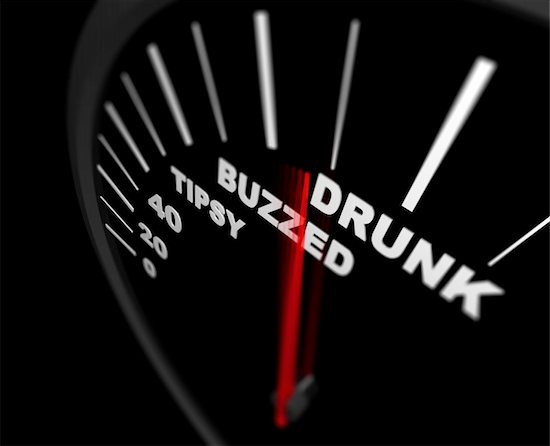High Court’s Ruling Could Change How States Handle DUI Cases
 The U.S. Supreme Court recently handed down a ruling that could affect how states across the nation test drivers suspected of DUI, driving under the influence.
The U.S. Supreme Court recently handed down a ruling that could affect how states across the nation test drivers suspected of DUI, driving under the influence.
In an 8-to-1 decision, the Supreme Court ruled that, in general, before subjecting a drunk driving suspect to a blood alcohol test, police must obtain a warrant. (1) The decision stems from the case of a Missouri man who refused to submit to a blood alcohol test, citing his Fourth Amendment right “to be secure . . . against unreasonable searches and seizure.” The State of Missouri grants its police discretion in ordering blood alcohol tests without first obtaining a warrant because timing is important to gathering evidence in these cases.(2)
New Jersey takes a similar view when obtaining evidence in a suspected DUI case. According to the State’s Motor Vehicle Commission website, simply by getting your New Jersey driver’s license you give your consent (known as “implied consent”) to submit to a Breathalyzer test if you are charged with suspicion of DUI. Refusal to take a Breathalyzer can lead to your arrest, at which time you can be brought to a hospital for a blood test. (3)
 New Jersey Injury Lawyers Blog
New Jersey Injury Lawyers Blog




